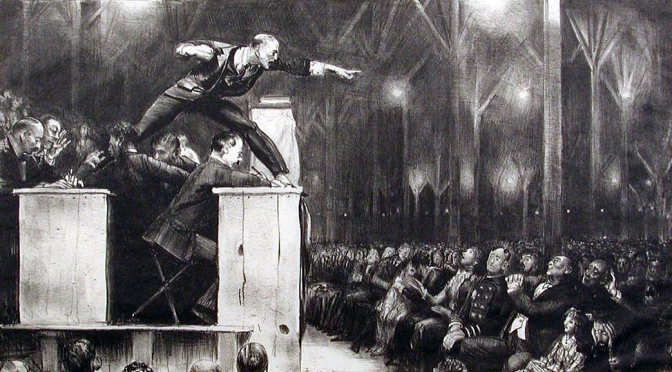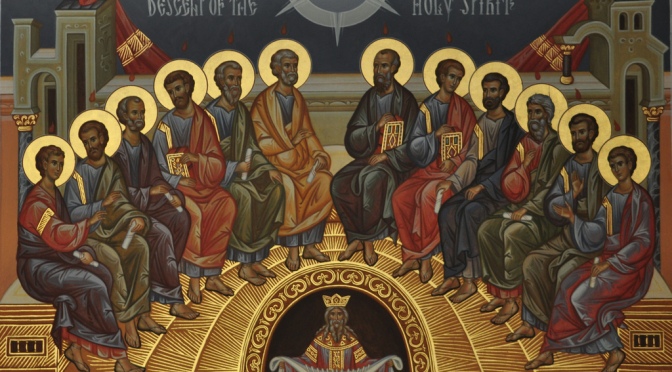There is a tendency to take Gospel values and try to lump them into a particular modern political category. It is something I am often guilty of myself. Not too long ago, I was a very politically sectarian individual, and if you did not agree with my specific political ideology, then you must be personally for oppression and/or sin. Lately, I have been reconsidering this stance heavily. I see the Spirit of God telling me that in Christ there is no longer progressive or conservative, left or right.
In Christ, we have a common King and a common Kingdom, and we must unite together behind the Gospel. One can be a loving, Christ-like conservative, and one can be a hateful, unchristian progressive, and vice versa. The Kingdom of God transcends man-made boundaries, as the Apostle Paul said:
For just as the body is one and yet has many members, and all the members of the body—though many—are one body, so too is Christ. For in one Spirit we were all baptized into one body. Whether Jews or Greeks or slaves or free, we were all made to drink of the one Spirit. For in fact the body is not a single member, but many (1 Cor. 12:12-14).
For in Christ Jesus you are all sons of God through faith. For all of you who were baptized into Christ have clothed yourselves with Christ. There is neither Jew nor Greek, there is neither slave nor free, there is neither male nor female—for all of you are one in Christ Jesus (Galatians 3:26-28).
Here there is neither Greek nor Jew, circumcised or uncircumcised, barbarian, Scythian, slave or free, but Christ is all and in all (Colossians 3:11).
Continue reading Learning About Peace and Justice from Christian Conservatives →









